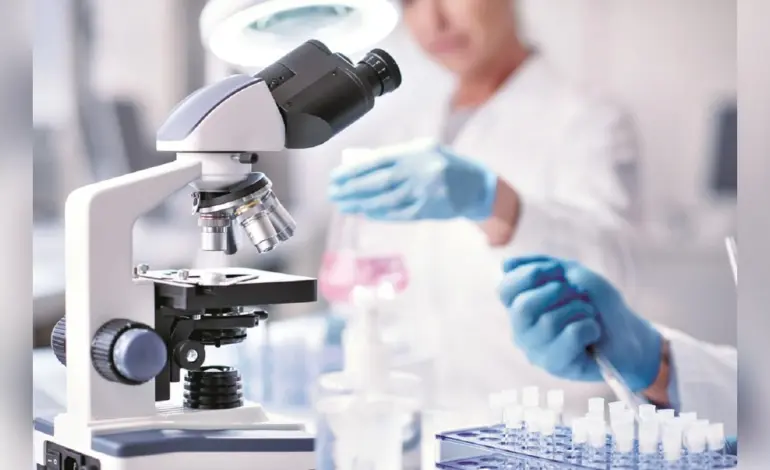WHO Highlights Rising Threat of Drug-Resistant Bacteria

The World Health Organization (WHO) has raised alarms about a significant rise in drug-resistant bacteria, emphasizing a pressing need for innovation in medical treatments. In a recent report, the WHO stated that antimicrobial resistance (AMR) is responsible for an estimated 1.27 million deaths globally in 2020, a figure that underscores the urgent nature of the crisis.
The report highlights that more than 50% of all infections worldwide are caused by bacteria resistant to existing antibiotics. This alarming statistic points to a substantial gap in the availability of effective treatments, which has been exacerbated by the slow pace of drug development. The WHO warns that without significant advancements in medical research, the situation could worsen, leading to more severe health outcomes for patients.
Challenges in Innovation and Treatment Availability
The WHO’s findings indicate a critical lack of new and innovative drugs being introduced to combat AMR. Despite the increase in resistant infections, pharmaceutical companies have struggled to develop effective new antibiotics. As a result, many healthcare providers find themselves with limited options for treating common infections, which can lead to prolonged illness and increased risks of complications.
The report outlines a clear need for investment in research and development to address the current treatment shortfalls. The WHO has called for governments and private sectors to collaborate and fund initiatives aimed at fostering innovation in antibiotic research. This includes not only creating new antibiotics but also improving existing treatments and alternative therapies.
The burden of AMR affects all countries, but low- and middle-income nations face the greatest challenges. In these regions, access to effective medications is often limited, and healthcare systems may be ill-equipped to manage the consequences of drug resistance. The WHO advocates for a comprehensive approach that includes strengthening healthcare infrastructures and ensuring equitable access to essential medicines.
Global Response and Future Outlook
In response to the WHO’s report, various nations and organizations are beginning to mobilize. Some countries are implementing national action plans to combat AMR, focusing on surveillance, infection prevention, and responsible antibiotic use. The Global Antimicrobial Resistance and Use Surveillance System is one initiative aimed at tracking resistance patterns and informing public health strategies.
The WHO also emphasizes the importance of public awareness campaigns to educate communities about the responsible use of antibiotics. This is critical in reducing unnecessary prescriptions and promoting better hygiene practices to prevent infections.
As the global health community grapples with the rise of drug-resistant bacteria, the WHO’s latest findings serve as a wake-up call. The need for innovation and effective treatments has never been more urgent. Without concerted efforts to address these challenges, the threat posed by AMR will only continue to escalate, impacting healthcare systems and patient outcomes worldwide.






